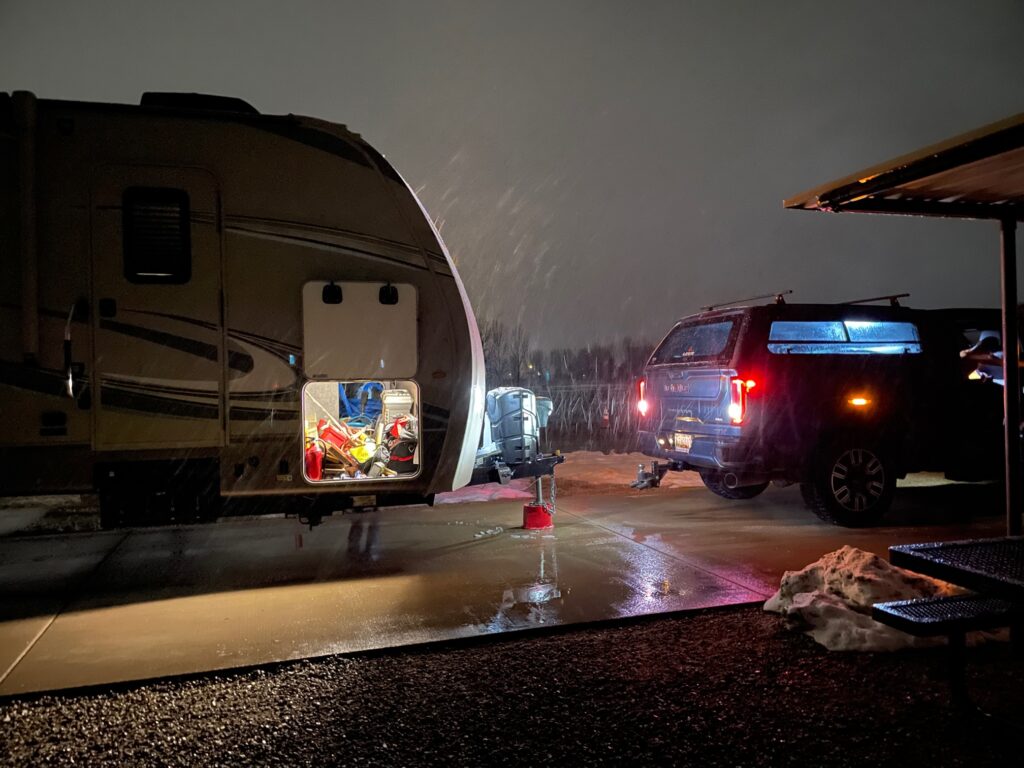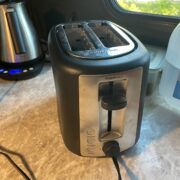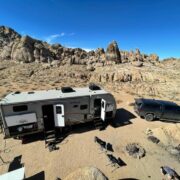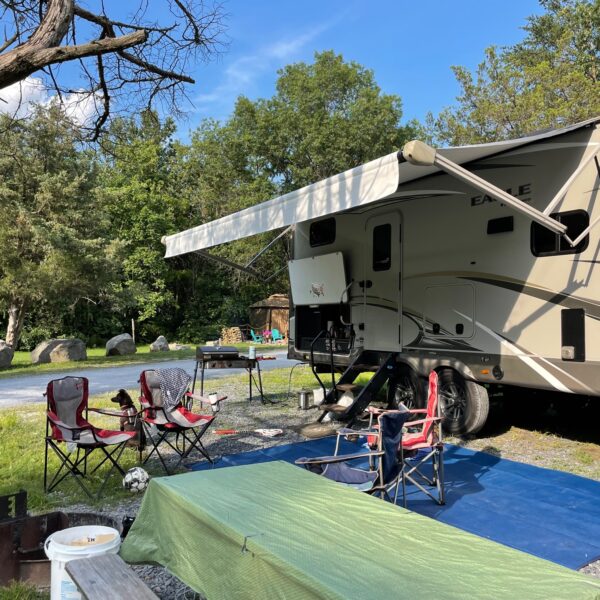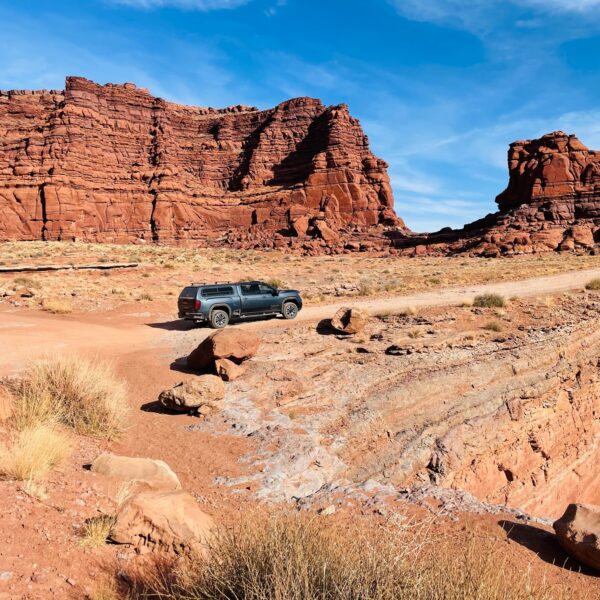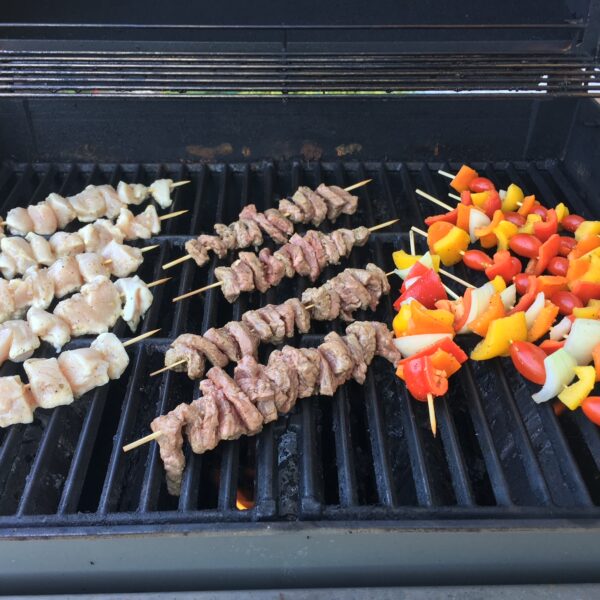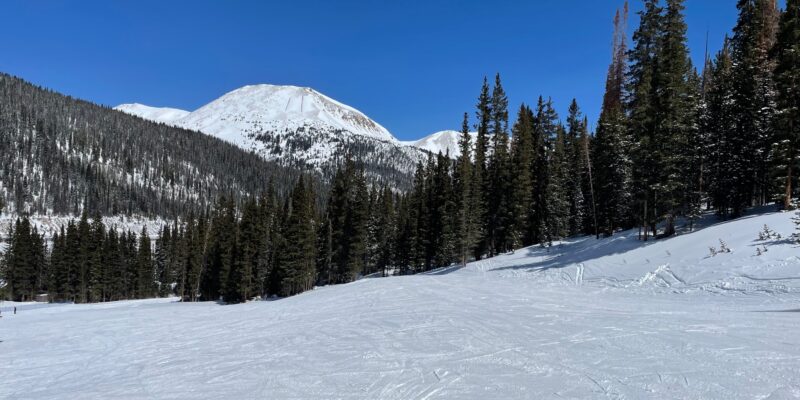
I have to admit it, but winter is not my favorite season. I really dislike cold temperatures, but much like anything else, if you’re prepared and you get in the right mind-set, cold-weather camping really isn’t that bad. In fact, there are plenty of reasons why you may want to travel in the colder months.
- Campgrounds aren’t as busy (unless you’re following the snowbirds to Florida and Arizona – then they are very busy and booked well in advance)
- Most attractions and parks aren’t as busy so you’ll have many places to yourself. We traveled to many different national parks last winter, and while the main overlooks and trails had some light crowds, most trails were very quiet, we could pull into any scenic overlook without trouble, and we could get up close to sites we wouldn’t normally be able to see without huge crowds. We had the pleasure of driving the entire south rim of the Grand canyon without having to take the Park’s shuttle bus.
- You don’t usually need reservations and aren’t required to take park transportation during the off-season. You’ll want to check the details, but most national parks are only requiring reservations during peak season windows. Even outside national parks, you’ll have a better chance to see attractions and explore more without having advanced reservations.
- You’ll experience fewer bugs, fires, and disturbing critters. Traveling in colder months usually means less humidity, fewer bugs (ants, mosquitos, flies, etc.), fewer scary snakes, spiders, and scorpions in the desert which go dormant in the winter, and usually you’ll experience fewer wildfires. You always want to be prepared and on the lookout when you’re in new climates, but we were relieved and worried less about poisonous critters while out west during the winter months.
- A fresh blanket of snow makes everything look a little different. We had the opportunity to see a snowy Big Bend and Joshua Tree National Park as a significant contrast to the normally warm and dry areas. It was fascinating to see the parks in two different ways, and it made it very special. It was also quite an experience to build a snowman, snowshoe, or go sledding with the kids in national parks rather than simply hiking or taking in the views.
If we had no winter, the spring would not be so pleasant: if we did not sometimes taste of adversity, prosperity would not be so welcome.
Anne Bradstreet
When it comes to preparing for cold-weather camping, here is a list of the items you will probably want to have on hand.
- Insulated/heated hose – If you choose not to invest in a new hose, simply disconnect your hose at night and use your freshwater tank until you can hook up the next day
- Warm gloves/hat/jacket handy for setting up, tearing down, and any time you are outside
- Waterproof boots – as there’s inevitably going to be a big pile of snow or melted puddle at the bottom of the stairs or right at your hookups
- Shovel to dig out if necessary
- Full propane tanks as you’re going to run your heat more often and probably do more indoor cooking
- Extra blankets – sitting around the RV and at night, you’ll want to bundle up a little more
- Space heater or fireplace – Our RV has an electric fireplace, which is basically just a glorified space heater. It worked great to keep the chill off and we didn’t need to run the heater as often, as long as we had 50 amp electric hookup at the site.
- Sled if you’re planning to have a little fun going down some hills
- Yaktrax or something similar if you’re going to venture out on some snowy and icy trails or even around the campground
- Check your fuel tanks and stop to fill up more often
- Check weather often, and stay flexible as you may wish to reroute to avoid trouble
Remember to have fun and find the best in whatever you do. Layer up and be ready to take on the world.


